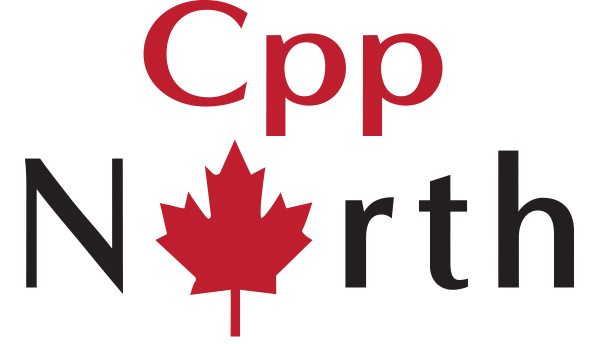Telling Your Technical Story
A good technical talk is as much about storytelling as it is about presenting information. At best, it is a shared experience between speaker and audience. Even the most complex topics can be presented simply and clearly, sparking questions, conversation, and perhaps even some argument. When this is done well, a good talk becomes a great one and leaves everyone, including the speakers, with more: more understanding, more curiosity, more interest.
Small tweaks to your presentations can make a huge difference. Learn how to add context and clarity to your talks; how much detail is enough; how to craft simple and effective slides; how to be truly comfortable on stage and engage your audience; and how to cope with the unexpected.
I envision much of this as a conversation with the audience where they can discuss their own ideas or works in progress if they choose; share experiences, find presentation ideas from the work they are doing day to day.
Building a career off-road
Many individual contributors professionals are choosing to create their careers off-road. Instead of climbing the standard career ladder to and through management, they are choosing to navigate tech careers one project and one team at a time. Such professionals often show their leadership without titles, relying instead on creativity, curiosity, and empathy toward their colleagues.
This panel featuring a group of four engineers who have mapped out their careers as individual contributors is designed as a conversation with our audience, a way to encourage others to understand what is possible. Each panelist has learned to stretch beyond assignments while sharing the day-to-day load on their teams. The panel will also include a manager who leads by trusting his people and providing structure when it is requested. One of the panelists spent some hours interviewing other managers, so they can speak with authority about how they balance a team with strongly self-led individuals.
We believe this discussion can help both managers and individual contributors find balance between team needs and individual growth; to navigate the cultures within their organizations; and understand the value that is derived from professional freedom with intent.
While we all work together now, each of us has worked at other companies and in other circumstances where we thrived mainly because we were able to balance autonomy with a deep sense of collaboration and adventure.

Sherry Sontag
Sherry Sontag came to Bloomberg after more than a decade in journalism, where careers are often defined by the importance of a reporter’s beat - the subjects they are able to write about. She broke new ground telling the still classified stories of the Cold War and co-authored a best-selling non-fiction book about submarines and spies. She was then invited by a team of engineers at Bloomberg who believed anyone who could convince submariners to share their secrets could also convince software developers to collaborate on developing code rules and standards. She now leads efforts to build community consensus for new rules as part of Bloomberg Engineering’s Foundations, Build and Intelligence / Code Governance Solutions team. She has also interviewed a gaggle of managers who work with strong ICs and will come prepared to discuss that point of view.
